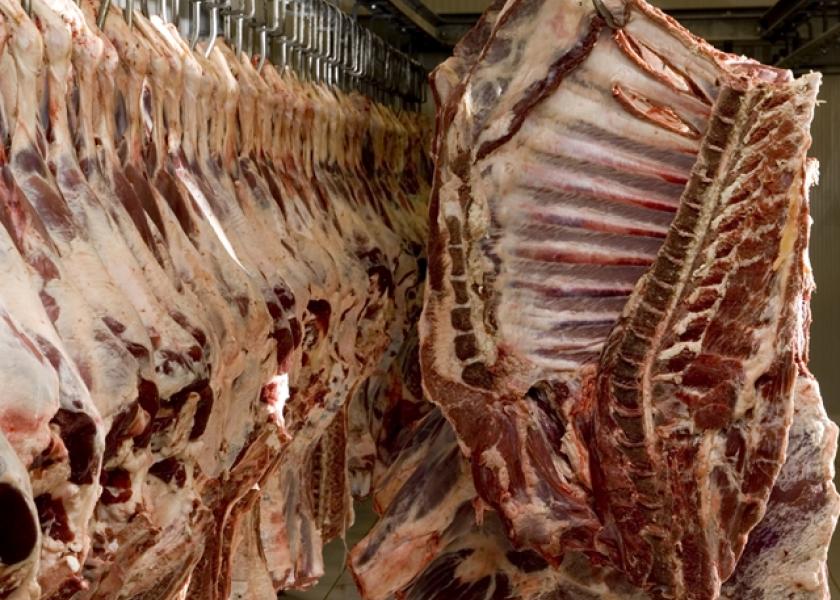Halal Foods Pioneer Gets 2-year Prison Term for Export Fraud

A businessman who is considered a pioneer in the U.S. halal foods industry was sentenced Thursday to two years in prison for committing fraud in exporting beef products to Malaysia and Indonesia.
U.S. District Judge Linda Reade granted 74-year-old William Aossey Jr. some leniency, departing from federal guidelines that called for a longer sentence. She also fined him $60,000.
Dozens of supporters had pleaded with Reade to give Aossey probation, describing him as a generous businessman and ambassador for U.S. trade who shouldn't spend the final years of his life behind bars. But federal prosecutors had sought a lengthy prison term, saying Aossey had betrayed foreign governments and customers who trusted him and his company's products.
Aossey founded the Midamar Corp. in 1974 in his hometown of Cedar Rapids, Iowa and built it into a brand that distributed more than 200 halal food products. A son of Syrian immigrants, Aossey had been a leader in the relatively large Muslim community and enjoyed relationships with many politicians.
Aossey was convicted last year of directing employees to falsify packaging labels so Midamar could export beef products that did not meet Malaysian and Indonesian standards for halal, or slaughter practices based on Islamic law. A lengthy investigation also led to charges against Midamar, a related halal certification organization and two of Aossey's sons.
The products at issue came from a Minnesota slaughterhouse that wasn't approved for importation by Malaysia or Indonesia. Instead, Midamar employees removed that slaughterhouse's federal establishment number and replaced them with labels falsely showing that the products had come from an Omaha, Nebraska, slaughterhouse that had been approved to export to the countries. In all, 22 shipments worth more than $740,000 were involved.
Aossey's defense painted the infractions as minor and administrative in nature, not criminal. His lawyer noted that beef from the Minnesota plant was slaughtered in accordance with kosher rules, which is acceptable to some Muslims.







